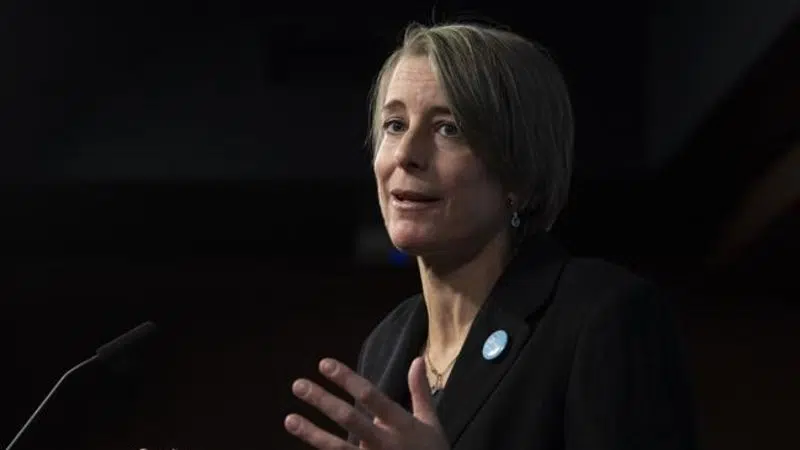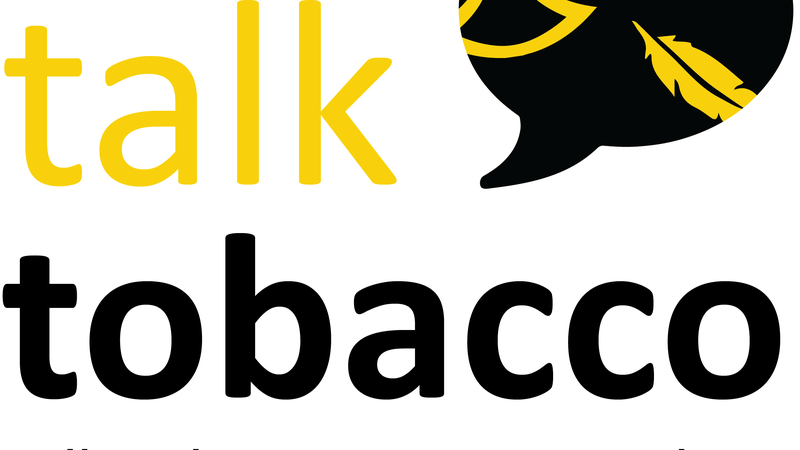
More money needed to deal with civil service pay problems, unions say
OTTAWA — The upcoming federal budget must include more money to stabilize the disastrous Phoenix pay system for government employees, and to launch its replacement, the country’s biggest civil service unions demanded Monday.
Unless cash is earmarked this spring for a new system to pay federal employees, the tens of thousands of workers affected by the current system’s problems could be left in limbo for month, or even years, the head of the Professional Institute of the Public Service of Canada warned.
“You need the money to test and implement and maintain a new system,” said PIPSC national president Debi Daviau.



